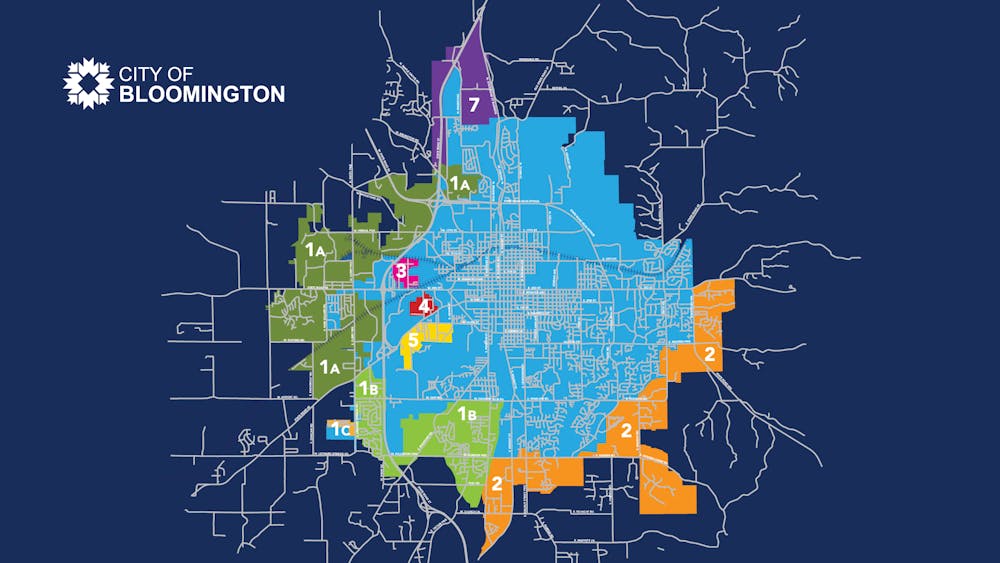A panel of three judges of the Indiana Court of Appeals unanimously rejected a second 90-day period to collect remonstration signatures against the City of Bloomington’s annexation plans. Indiana law allows residents living in areas under proposed annexation to halt the process by collecting remonstrance signatures from 65% of the area’s population.
Annexations allow cities to enlarge their municipal boundaries, increasing their population and area. Annexation efforts remain controversial due to increased taxes in areas that become incorporated, although annexation can make services such as street cleaning and sewer systems cheaper. Bloomington’s last annexation was in 2004.
[Related: 'Some of my neighbors were actually in tears': Opposition to annexation continues amid lawsuits]
Bloomington began the annexation process in 2017 but was suspended by the Indiana state legislature until the Indiana Supreme Court allowed the process to proceed. Remonstrance periods ended by February 2022, during which five of seven areas proposed for annexation met the 65% threshold to halt the process.
Residents of annexation areas 1A and 1B opposed to annexation were not able to reach the 65% threshold in the allotted time. They argued COVID-19 impacted their ability to collect these signatures, citing state statute IC 34-7-6-1 which grants pending proceedings extensions due to war, insurrection, pestilence or “acts of God.”
However, on Feb. 24, special judge Nathan Nikirk denied remonstrators’ request for an extension, writing that COVID-19 did not impact the ability of residents to sign remonstrance petitions. On May 19, the Indiana Court of Appeals denied an early appeal of this decision, reaffirming the dates of November 13 through 17 for the annexation trial.
[Related: City argues state legislation is unconstitutional in second annexation lawsuit]
The process has cost the city $1.35 million, of which the city says $800,000 was spent on mailings, communications, and the development of fiscal plans.




